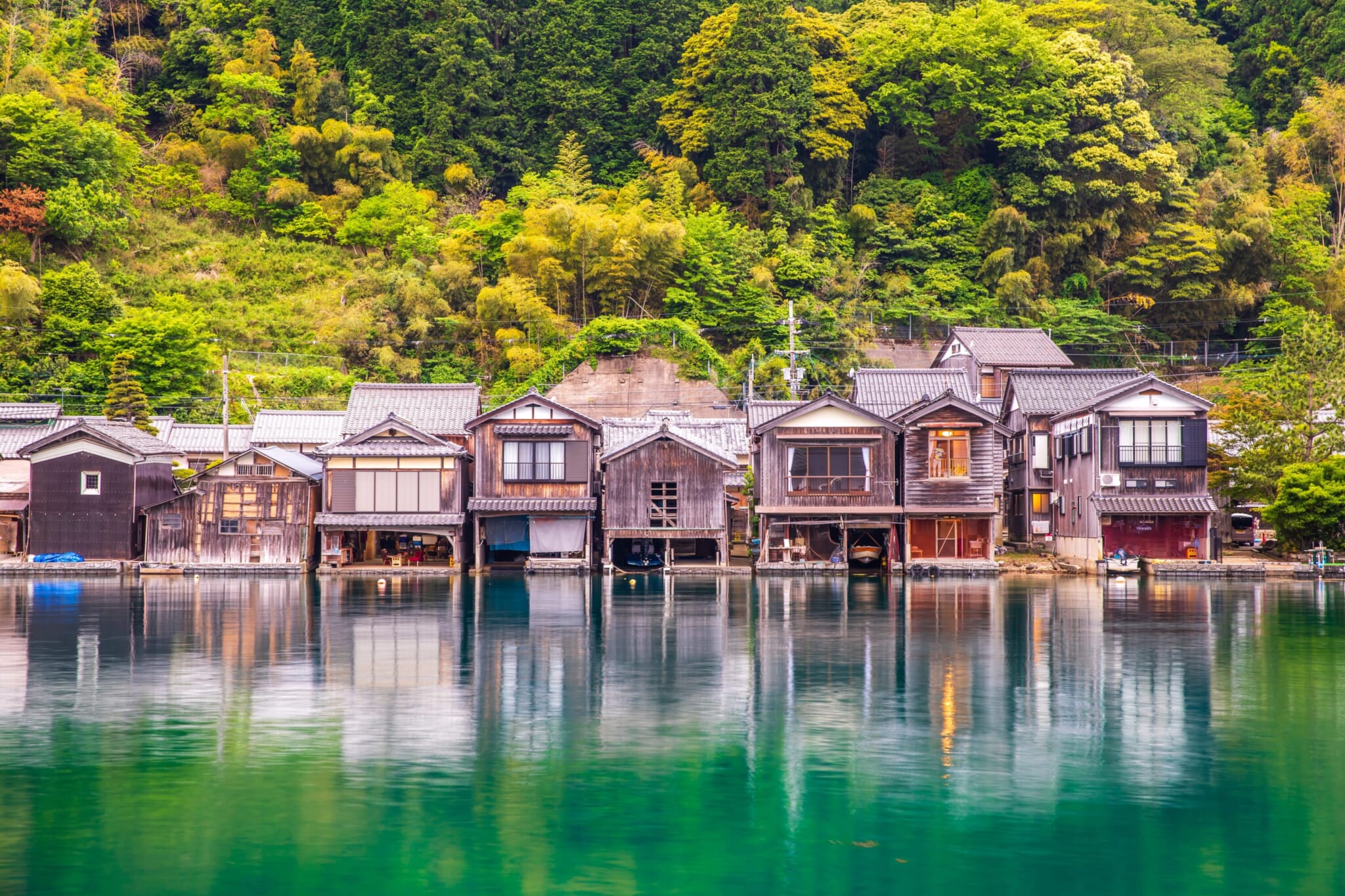[Cheonji Daily News Gyeonggi = Reporter Kim Seo-jeong] Gyeonggi Province announced on the 19th that the Hantangang Geopark has successfully been revalidated as a UNESCO Global Geopark. With this revalidation, Hantangang Geopark will maintain its official status until 2027. According to Gyeonggi Province, the revalidation was confirmed during the Asia-Pacific Geoparks Network (APGN) Symposium held in Cao Bang, Vietnam, from the 8th to the 15th of this month.
This marks the first revalidation assessment since Hantangang Geopark was initially designated as a UNESCO Global Geopark in 2020, and the park received a positive evaluation. Global Geoparks must undergo revalidation every four years. For this revalidation, Gyeonggi Province, along with the municipalities of Pocheon, Yeoncheon, and Cheorwon in Gangwon Province, collaboratively addressed UNESCO's recommendations.

The province has been allocating an annual budget for the joint operation and management of the Hantangang Global Geopark, and has conducted academic research to establish the international value of the park's geological sites. As a result, seven research papers, focusing on the geological significance of sites such as the Eundaeri Columnar Jointing, Fold Structure, and Auraji Pillow Lava, have been published in prestigious journals, thereby solidifying the academic value of Hantangang Geopark. In addition to the revalidation, UNESCO has provided new recommendations for the Hantangang Global Geopark, including enhancing cooperation between global geoparks, building infrastructure, improving visibility, strengthening information education and research, linking cultural heritage, and raising awareness through education.
Cha Seong-su, Director of Gyeonggi Province’s Climate, Environment, and Energy Bureau, stated, “This revalidation reaffirms the 500,000-year geological and historical value of Hantangang Geopark. We will continue to cooperate through regular working meetings among the five municipalities to ensure successful revalidation in four years.” Meanwhile, UNESCO Global Geoparks are recognized for their geological significance and are managed with a focus on protection, education, and sustainable development.
Currently, South Korea has five UNESCO Global Geoparks: Hantangang, Jeju Island, Cheongsong, Mudeungsan, and the West Coast of Jeollabuk-do. Hantangang Geopark spans five municipalities, including Pocheon, Yeoncheon, and Cheorwon, covering a total area of 1,165.61 square kilometers, roughly 400 times the size of Yeouido.
The region, known for its pristine ecosystem within the DMZ, preserves rare volcanic features such as columnar joints and pillow lavas, offering significant geological value. It also boasts 26 geological sites, including Pocheon Art Valley, Bidulginang Waterfall, and the Jeongok-ri site in Yeoncheon, making it a popular destination for tourists..




















